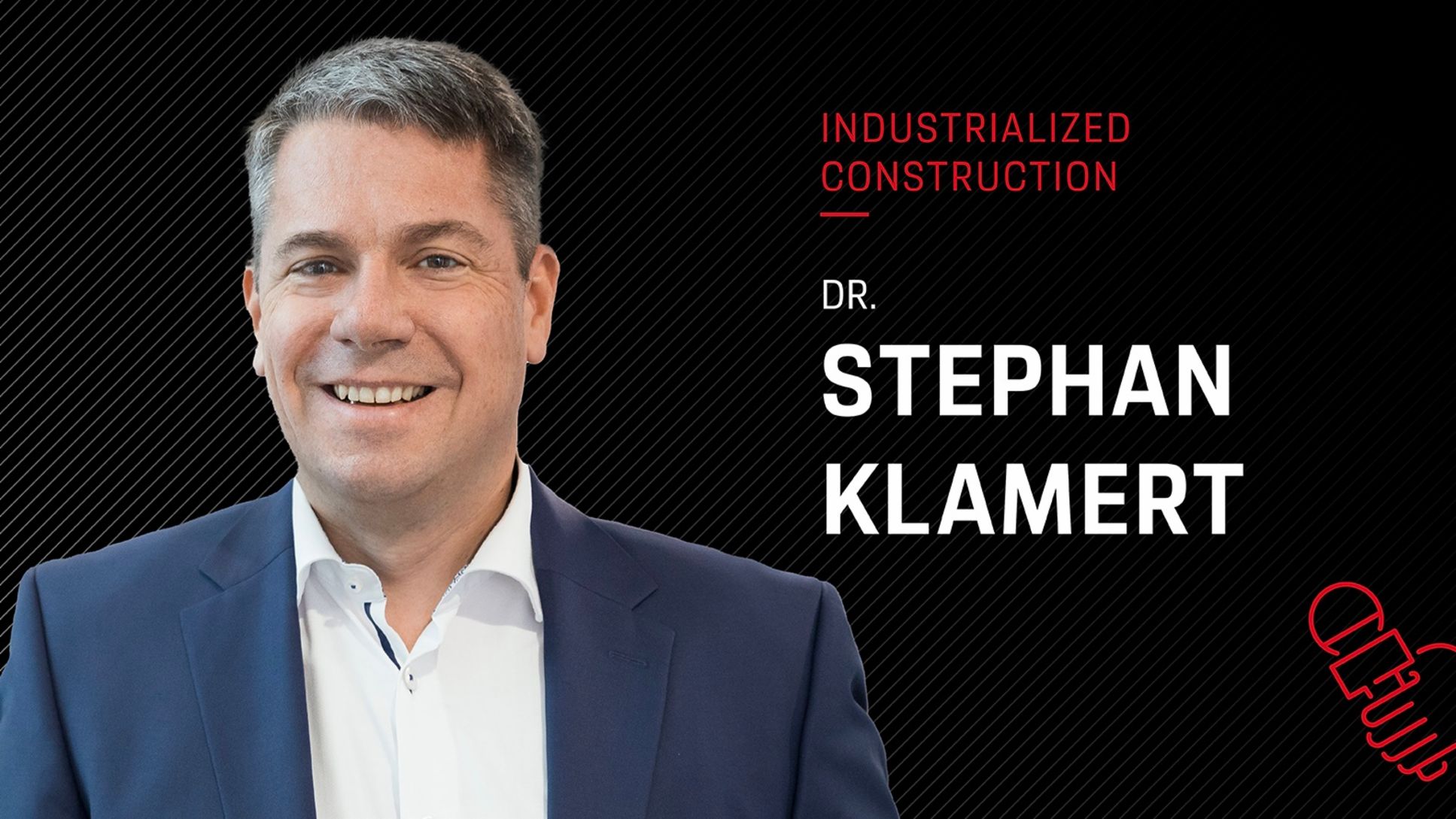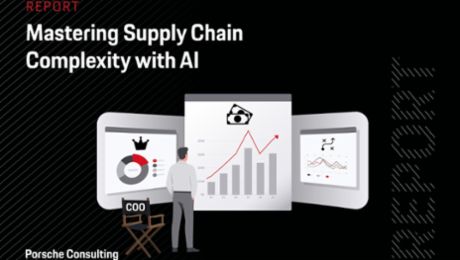How can the crisis in the construction industry create opportunities for companies?
Opportunities are always there, not just in times of crisis. In times of crisis, however, companies are more consistent in their rethinking. They initiate change processes and open up new business areas. New developments are made possible, previous developments are accelerated. And that’s exactly where I think we are with the construction industry today. The challenges of our time are immense, and the construction industry can and must contribute here. The energy transition with sustainable construction and a life-cycle-oriented understanding of construction and real estate offers opportunities, for example. Here we are only at the beginning of what is possible and necessary. I see another opportunity in making our planning and construction processes more efficient. They are still often characterized by a high degree of individuality and waste. In view of the shortage of skilled workers and the significant need for construction, such as currently in housing construction, we should start rethinking: We need more prefabrication and have to work on the construction task more intensively in a pre-construction phase.
What role does industrialized construction play in tackling housing and resource shortages?
The need for affordable living space in a short time is significant. At the same time, there are fewer and fewer specialists to design this living space as a sustainable real estate investment over the entire life cycle. This is where we reach our limits with our previous approach. An essential solution approach is industrialized or serial construction. The technological and procedural prerequisites and basic knowledge are available: digital planning, lean management methods and knowledge of a changed approach to planning, pre-production and on site assembly. On the one hand, we now need to move more and more from theory to practice. On the other hand, all those involved still need to develop a new “understanding of industrialized construction”. The new approach leads away from highly individualized unique thinking to a stronger product-oriented thinking. Instead of changing the planning until shortly before completion, we have to prepare projects early: We should pre-produce as many components as possible and then assemble them within stable project teams with high process stability on the construction site.
How important are strong partnerships along the entire construction supply chain?
In order to build more sustainable and in a more “industrialized” manner, we need stable teams with professionals cooperating across disciplines and with a uniform understanding of this new construction process. The pre-production with its special features as well as the final assembly on the construction site are of great importance here. If the planning, production and construction stakeholders team up differently for each new project, a sustainably successful business model is not possible. Therefore, at WOLFF & MÜLLER, we rely on established





